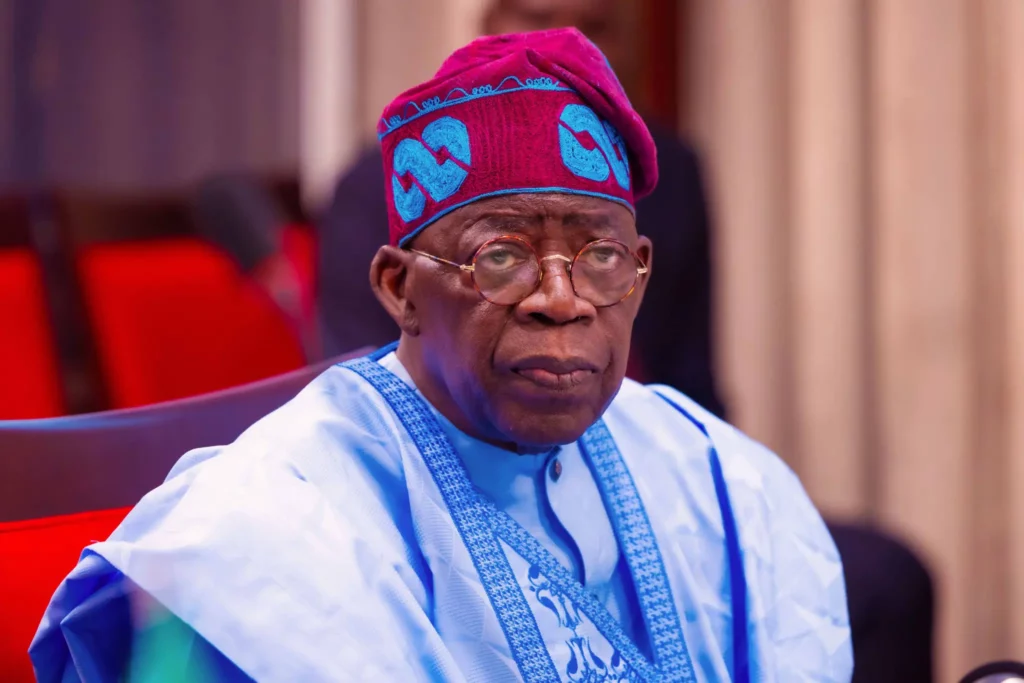By Florish Obanor

Tinubu government restructures cabinet and cuts official convoys, trimming vehicle allocations and staff to curb costs in new budget constraints amid growing public scrutiny.
The Nigerian government, under President Bola Tinubu, recently unveiled substantial cost-cutting measures that limit government ministers and agency heads to a maximum of three vehicles in official convoys. “No additional vehicles will be assigned to them for movement,” The Presidency affirmed, marking a determined stance on curbing public expenditure.
In a move extending these measures, Tinubu also reduced foreign and local entourages, capping security teams for ministers to five personnel. This directive reflects the administration’s push to streamline operational costs and tackle Nigeria’s budgetary constraints.
New Cabinet Appointments and Reshuffles
During a significant cabinet reshuffle held at the State House, Tinubu reassigned 10 ministers, removed five others, and nominated seven new ministers. Ogun State notably saw four ministerial appointments, prompting public discourse over perceived imbalances in federal representation.
However, legal experts such as Dr. Olisa Agbakoba (SAN) defended the appointments, noting, “There’s no law that says he can’t appoint more than one. The only thing the law says is that he must appoint one person from each state on the principle of Federal Character.”
Diverging Opinions on New Budget Constraints
While some welcome the government’s measures, figures like Second Republic Senator Chief Edwin Clark voiced concerns over regional imbalances, particularly the decision to limit ministries specifically representing the Niger Delta.
“Can you imagine a man like me… having to travel to Daura for basic needs from the oil industry?” Clark lamented, emphasizing the long-standing regional disparities he feels continue under Tinubu’s administration. Critics like him stress that while reforms are welcome, prioritizing equity is essential to avoid what they see as repeating the perceived mistakes of previous administrations.
Amid the administrative changes, Senator Heineken Lokpobiri clarified that the Ministry of Niger Delta Affairs was not dissolved but restructured into a broader Ministry of Regional Development, overseeing other regional agencies to enhance operational cohesion and accountability.














